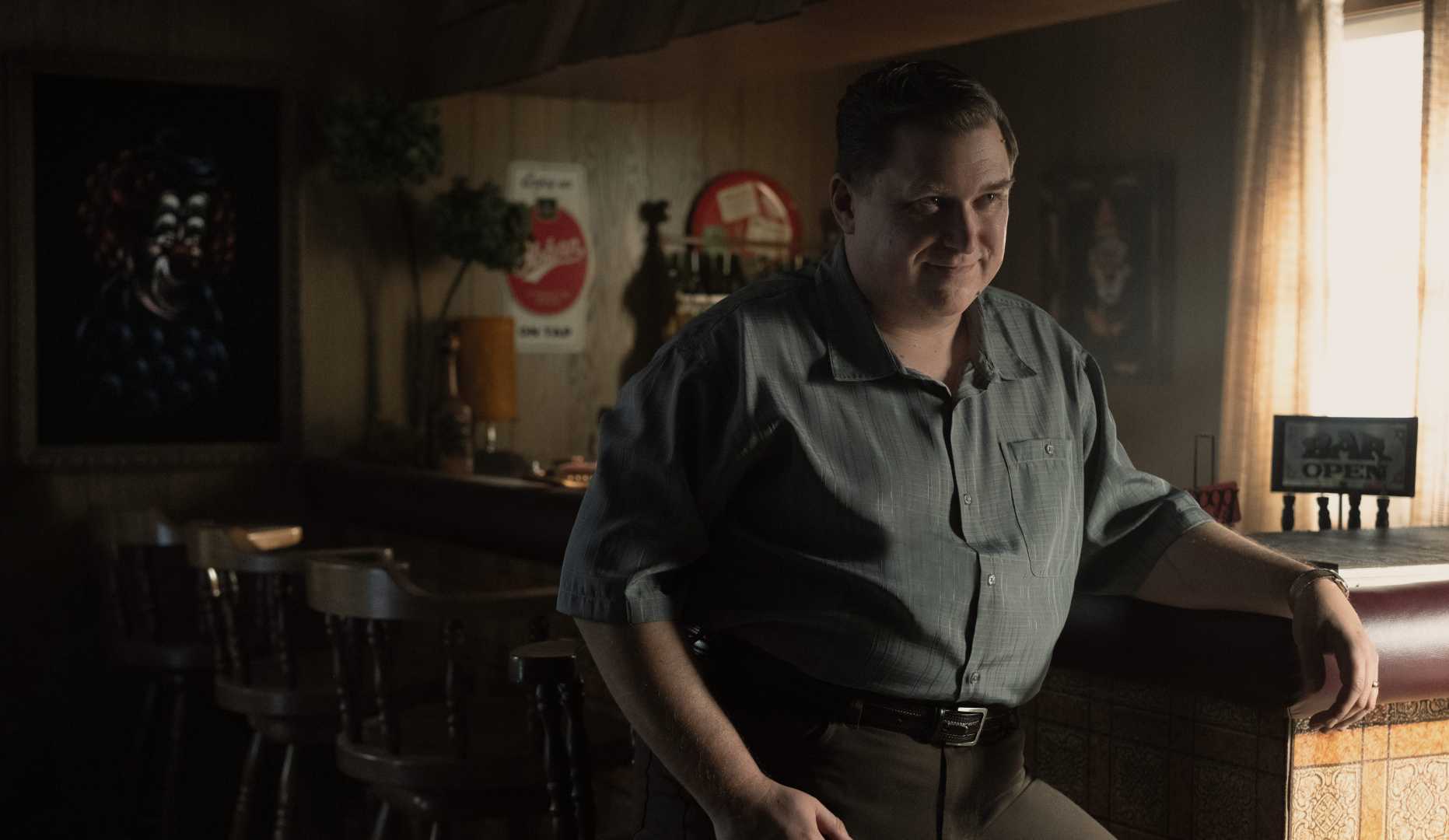Entertainment
Peacock’s Gacy Series Redefines Horror with Subtlety and Depth

LOS ANGELES, CA — Nearly six hours into Peacock‘s limited series, Devil in Disguise: John Wayne Gacy, viewers witness the infamous serial killer applying make-up and donning a clown costume, an image closely associated with Gacy’s notorious crimes. This moment marks a drastic shift from the show’s initial subtlety.
Creator Patrick Macmanus aims for a more somber narrative, stepping away from sensationalism common in portrayals of serial killers. Instead of a focus on gory details, the series emphasizes psychological terror and the complex environments that allowed Gacy to commit his heinous acts.
The show, set against the backdrop of suburban Chicago in the late 1970s, begins with Elizabeth Piest, played by TV’s well-known figure for emotional roles. Her quest to find her missing son intertwines with the police investigation led by Detective Joe Kozenczak, who dismissively assures her that, “They usually show up, kids.” Frustrated with the police’s lack of urgency, Elizabeth’s search leads to Gacy’s home, raising troubling suspicions.
Gacy, portrayed by Michael Chernus, is depicted not just as a monster but as a symptom of societal failure. As the narrative progresses, the psychological aspects of the investigation and the characters around it take precedence over immediate drama. The series dwells on the chilling reality of the victims’ lives and the complexities law enforcement faced in tackling such a formidable predator.
Throughout the episodes, three central themes emerge: police investigation, legal proceedings, and Gacy’s evolving psyche. Flashbacks reveal the stories of his victims, giving them depth and highlighting their struggles. This thoughtful approach contrasts starkly with similar past portrayals of serial killers.
Macmanus’s endeavor to avoid sensational storytelling in favor of emotional resonance is commendable. The final episode echoes through the years and ends with reflections on the ethical implications of capital punishment, sparking a necessary dialogue about justice and morality.
While the series does not cater to all viewers—those seeking pure thrills might find it slow—the emotional weight and realistic portrayals present an important perspective on a notorious figure who preyed on the vulnerable. Ultimately, Devil in Disguise stands out as a series that eschews sensationalism to articulate a moving narrative.












